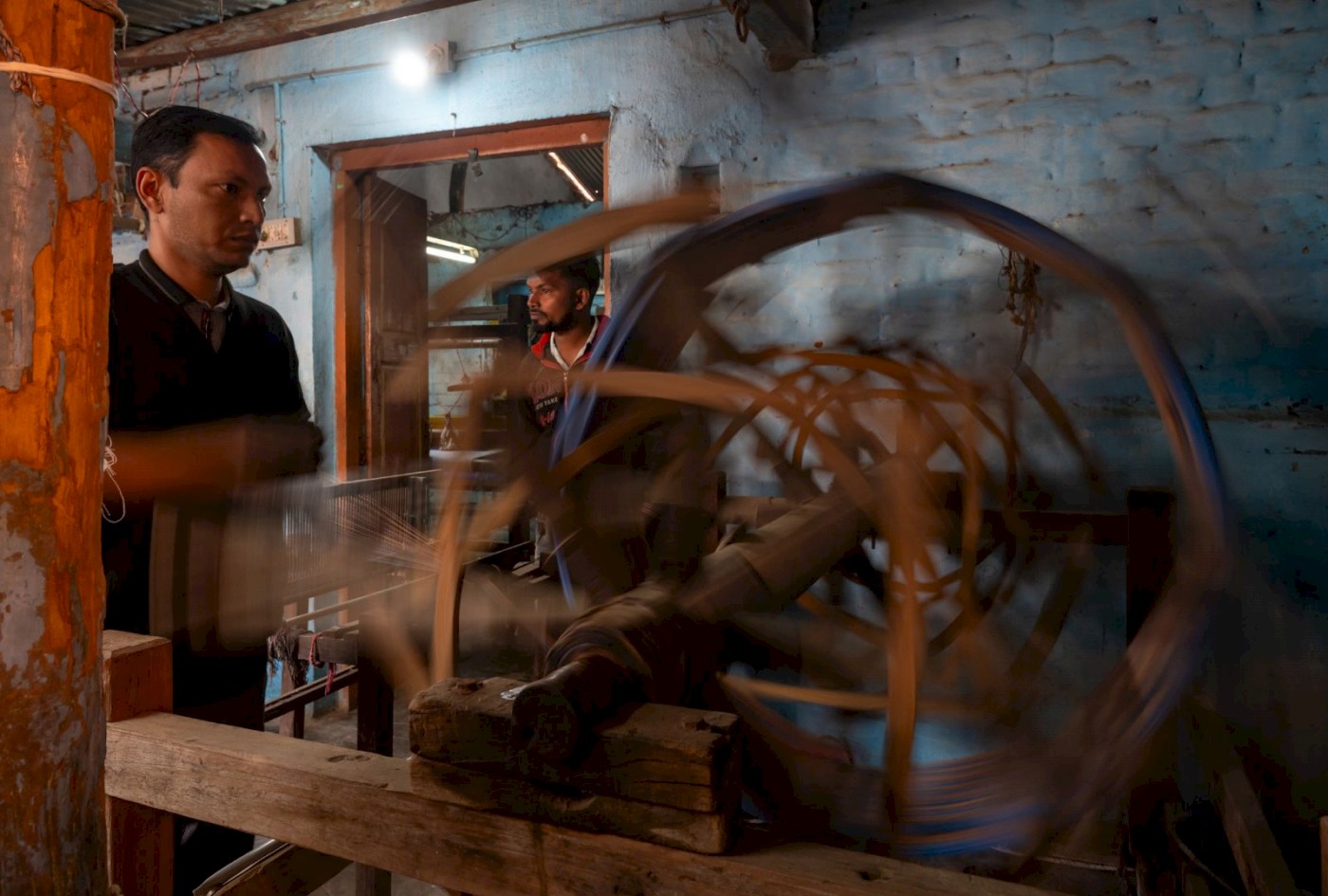
Emerging economies like India are a curious mix of traditional values and entrepreneurial outlook. They are gradually transforming from a collection of rural businesses to a developed state.
Wharton and Ahmedabad University students collaborated to study this evolution from decentralised economic structures to cooperatives. They explored India's development ideals and trajectory through the 20th century as part of the global modular course on ‘Operations and Business in India: From Gandhi to Globalisation’, a collaboration between Ahmedabad University and The Wharton School of the University of Pennsylvania.
The innovation-driven course brought factors such as better infrastructure, capacity investments, and workforce and business community aspirations influencing the change in business and development models.
Directed towards building minds, it comprised visits to global organisations, industries, and NGOs. Moreover, there were interactive sessions with change-makers and startups, each instrumental in charting the industrial and social development landscape.
On-ground experiences with the Self-Employed Women's Association (SEWA), industrial visits to Anand Milk Union Limited (AMUL), Gujarat International Finance Tec-City, Hitachi complex, and Arvind Limited, among many others, helped students unearth the complex interactions between various developmental modes.
Participants collaborated with startup founders from Ninety One, BioScan Research, Nawgati, EduFund, and Medflix to understand and address real-time challenges in medicine, investing, and active lifestyle during the hackathon exercise.
The immersive module inspired business thinking among everyone. It helped us understand the opportunities, challenges, commonalities, and uniqueness in relation to other cities, nations, and industries, contributing to an enriching learning experience and making lifelong friends, mentioned a student.
The hands-on learning experience exemplified the essence of the course - the union of theory with practical solutions. These modules were specially curated for participants to understand and experience how the fusion of history, culture, and technology contributes to shaping emerging economies asserting their position in the globalised world.